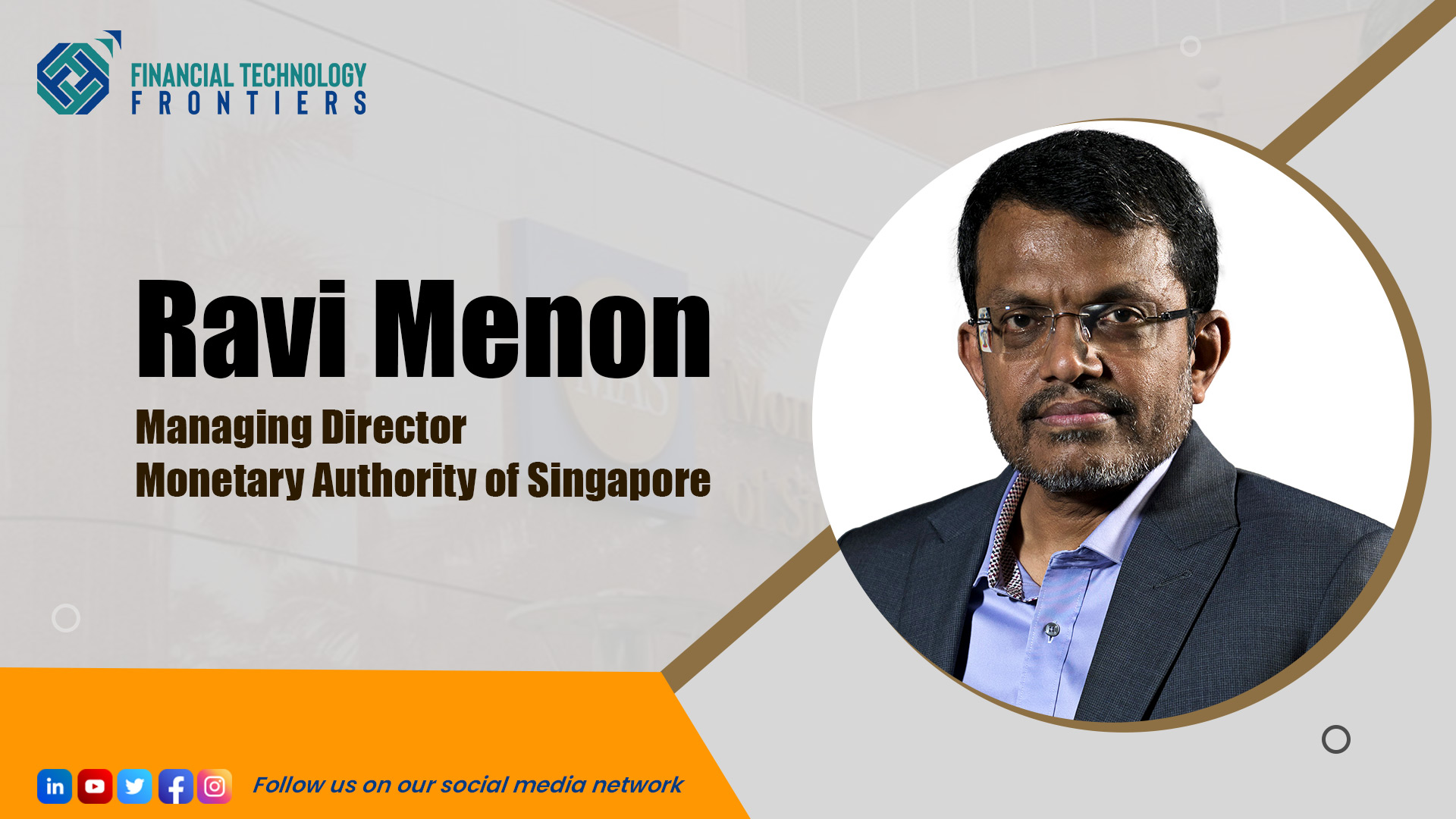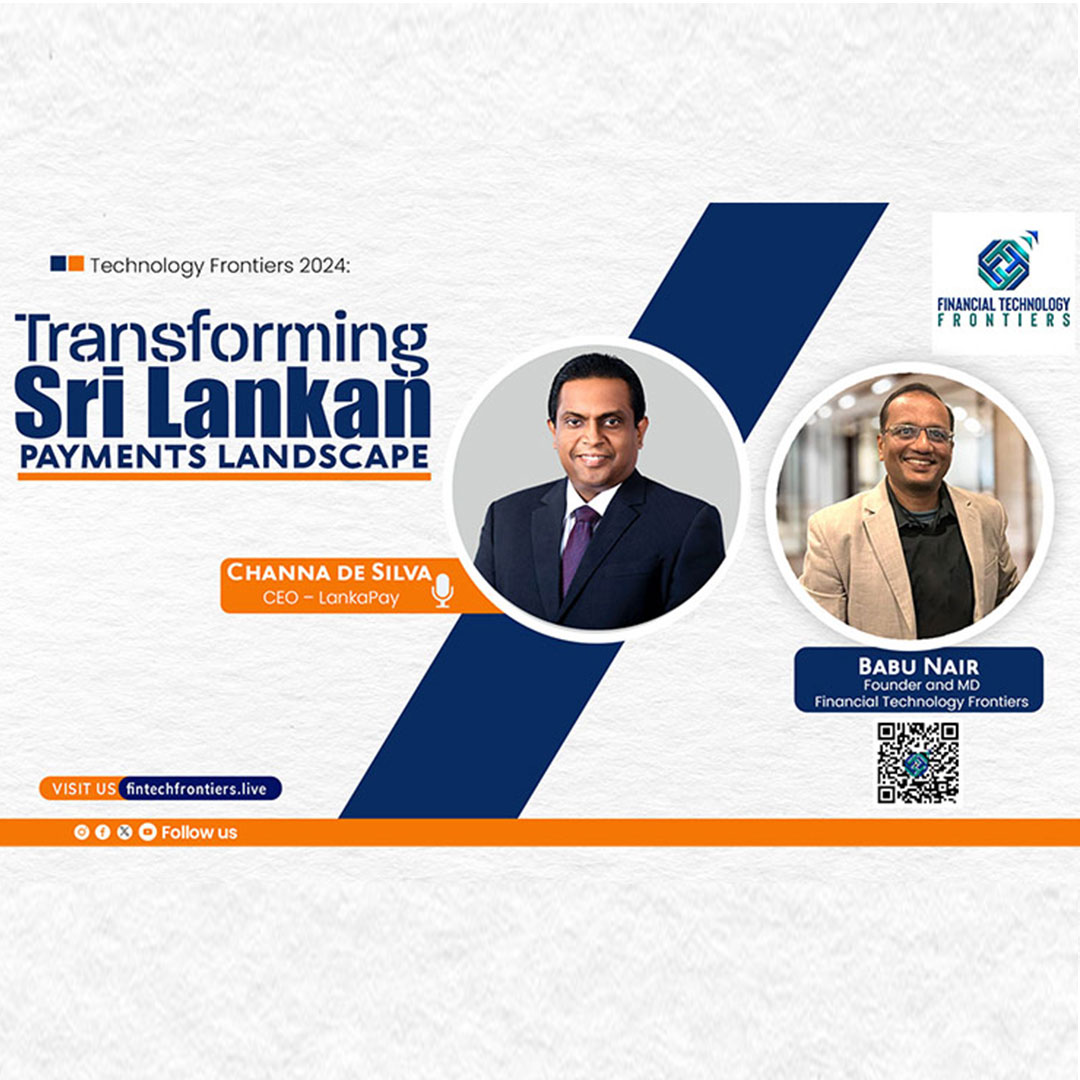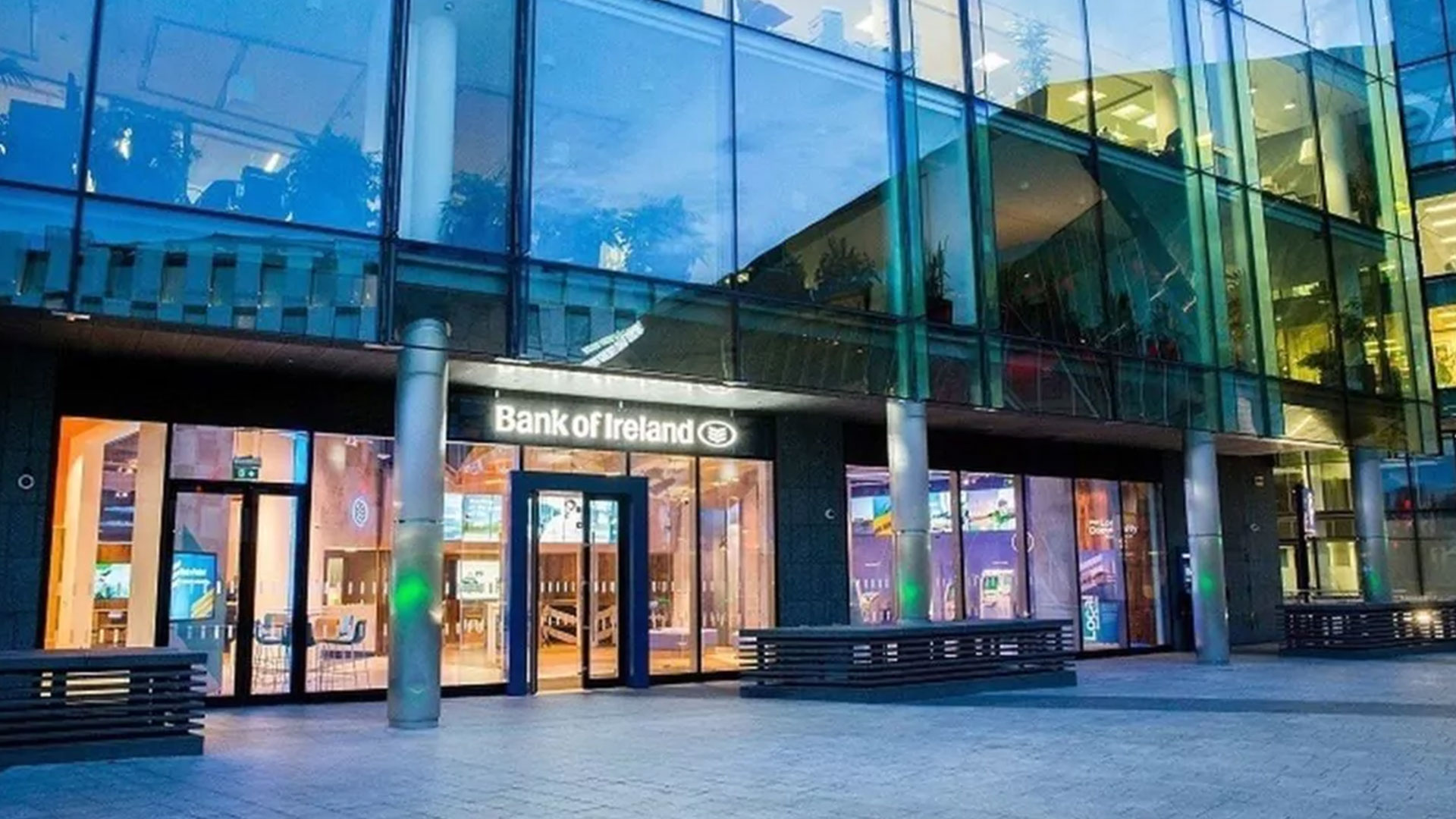 “Instant remittance, atomic settlement, programmable money, tokenized assets and trusted sustainability data are the five key outcomes we want to achieve through our collaborative FinTech projects,” said Ravi Menon, Managing Director, Monetary Authority of Singapore, at the Singapore FinTech Festival .
“Instant remittance, atomic settlement, programmable money, tokenized assets and trusted sustainability data are the five key outcomes we want to achieve through our collaborative FinTech projects,” said Ravi Menon, Managing Director, Monetary Authority of Singapore, at the Singapore FinTech Festival .
Mr. Menon demonstrated the above with a very interesting analogy – he stated that the project outcomes to the 5 fundamental elements that function as cosmic agents of change based on a philosophy in the Chinese realm – water – instant remittance , metal – atomic settlement , fire – programmable money , wood – tokenized assets and earth which is akin to sustained data that is trusted.
“The advent of real-time payment systems over the last few years has made domestic payment flows seamless in many countries. Today, with PayNow, we can make 24/7 real-time transfers using just mobile numbers or unique entity numbers,” Menon explained.
“But the world has not solved the cross-border payment problem, yet. For most people, it remains slow, costly, opaque, and inefficient, relying on an archaic network of correspondent banks. We want cross-border payments to flow seamlessly like water. One way to do this is to build linkages across countries’ real-time payment systems, just as canals allow boats to pass from one body of water to another,” he added.
Singapore has been working its way to bring seamless connectivity with Paynow to other countries across the globe.
PayNow was connected to Thailand’s PromptPay last year, the first such linkage in the world. “We are now finalizing our linkages with India’s Unified Payments Interface and Malaysia’s DuitNow. But such bilateral linkages take much time and resources to implement. Each new linkage requires a refresh in technical alignment between the two payment systems. It also entails accommodating domestic policies, such as on data privacy and security, sanctions screening and capital controls,” the MAS Chief pointed out.
Furthermore, the number of required links grows exponentially as the number of countries participating in the payments network increases. It would require some 190 links for 20 countries to be inter-linked on a bilateral basis. MAS has been working with the Bank for International Settlements Innovation Hub on Project Nexus – a multilateral solution to link countries’ real-time payment systems. With this solution, each country would only need to link its real-time payment system once to a Nexus gateway, which in turn provides direct connectivity to all the other countries already within the network, Menon said.
When the Axe of Crisis falls no one is spared. The Startups are some of the first to be affected with bootstrapped funds, Wary investors, Conservative BFSI buyers and shrinking markets. Banking Frontiers does a deep dive into the research by 100XVC the private equity firm started by Sanjay Mehta and Ninad Karpe and team to understand what is the current sentiment amongst the Fintechs, Investors and the Buyers of the Fintechs when it comes to expansion, Cutting costs, investments, Bargaining stakes, streamlining operations and much more. We also have powerful insights from Navin Surya the Chairman of the Fintech Convergence Council sharing what areas can Fintechs cut costs and whats the roadmap for Digital currency and much more.




